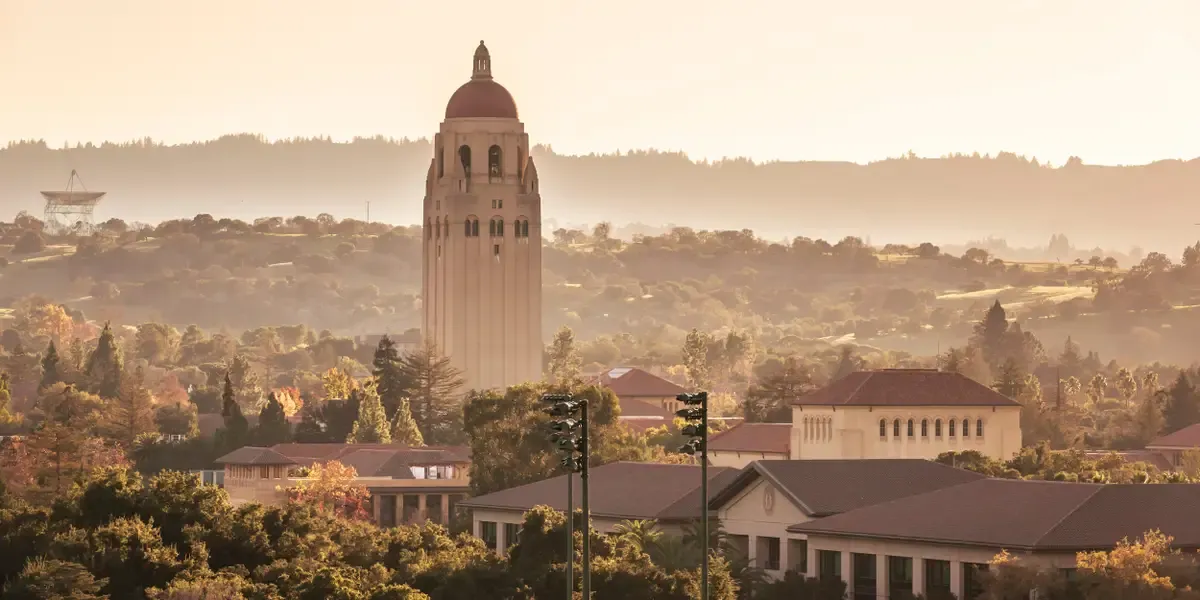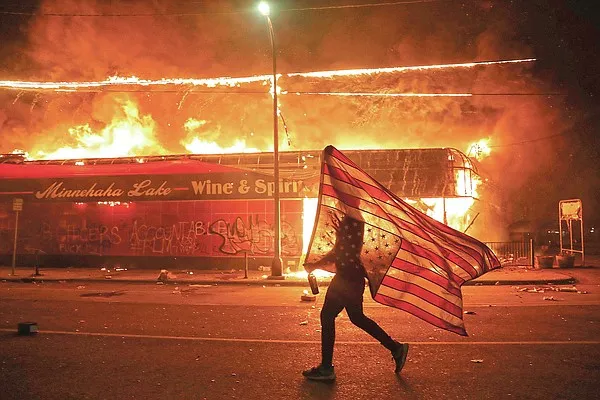Table of Contents
Stanford students constantly break rules. We all have a friend who dropped out to start a company, and half of the band’s Wikipedia page is devoted to its famous irreverence. The website for admitted students explains that “in this community of diverse perspectives, ideas are the common currency”. To an outsider, Stanford is a hub of innovation and openness, constantly challenging the status quo.
But if you bring up politics at lunch, your peers avert their eyes and turn to their neighbor. Activism is limited to grumbling email threads, and student groups struggle to secure funding for controversial events.
On the surface, Stanford encourages its students to break rules, but in reality campus life is governed by an internal status quo that remains unbroken and unquestioned.
When a discussion about the minimum wage arose in the dining hall during the first few weeks of my freshman year, I remained silent, avoiding the risk of a lingering and awkward disagreement with my new friends. When a similar conversation about gun control occurred in the wake of the tragic Newtown shooting, I felt uncomfortable adding to the discourse since so many of my friends adamantly opposed my views.
There have been countless times that I have dampened or even ignored what I genuinely believed in for the sake of avoiding controversy and discomfort, and I doubt I am the only Stanford student who has done so. Most of our community spans a narrow slice of the political spectrum, and those who fall outside of it are compelled to remain silent.
Stanford students are very good at answering the question of “how” to effect change. Stanford is a leader in every discipline, and brilliant alumni have gone on to truly change the world. Our faculty includes 22 Nobel laureates and 5 Pulitzer Prize winners; Stanford received more than $87 million from 622 licensed technologies in 2012-13; and our graduates have founded Fortune 500 companies, served as Supreme Court justices, and launched into space.
However, the more important lesson we must learn to answer is the question “why”. We must acquire more than just the skills to achieve our goals but also the context and understanding of what those goals are in the first place. College is a unique time to explore the marketplace of ideas, challenge our assumptions, and gain a sense of our place in the world.
At a campus where debate is stale, assumptions remain unquestioned, and uncomfortable issues are avoided, The Stanford Review spurs vibrant, independent discussion. Our weekly meetings always evolve into spirited conversations, ranging from Bitcoin and healthcare to Ike’s sandwiches and white privilege. Most importantly, intellectual disagreements run deep within our staff. This dynamic has been central to my personal experience at The Review; our current Deputy Editor Alec Arceneaux penned one of the strongest responses against my first major op-ed, and in early May our Opinions Editor Brandon Camhi advocated a stance that I had challenged just weeks before. Both times, I was given the opportunity to reexamine my views and gained a deeper understanding of the issue.
The Stanford Review is deeply committed to expanding the marketplace of ideas. We believe the truth is most likely to emerge when ideas are left to succeed or fail on their own merits rather than when they are stifled or nonexistent. During this volume, The Review has challenged the Graduate Student Council, questioned crony antitrust laws, and shed light on tech companies’ surveillance reports. We have scrutinized Stanford’s Special Fees program, and we have exposed the university’s spending practices.
The Review expands the scope of dialogue to those perspectives and discussions that are too often overlooked on this campus. We challenge assumptions and institutions, and we say a lot of things that administrators, faculty, students, and even our fellow writers may not want to hear.
The Stanford Review is expanding Stanford’s narrow political spectrum and its sparse marketplace of ideas, and I am honored to be a part of this organization. Our close community is united not by a political ideology but rather by the notion that no tradition is too sacrosanct to be scrutinized. We are the ones who challenge the status quo. We are the new campus radicals.
Sincerely,
Devon Kristine Zuegel
Editor-in-Chief of The Stanford Review, Volume LII






